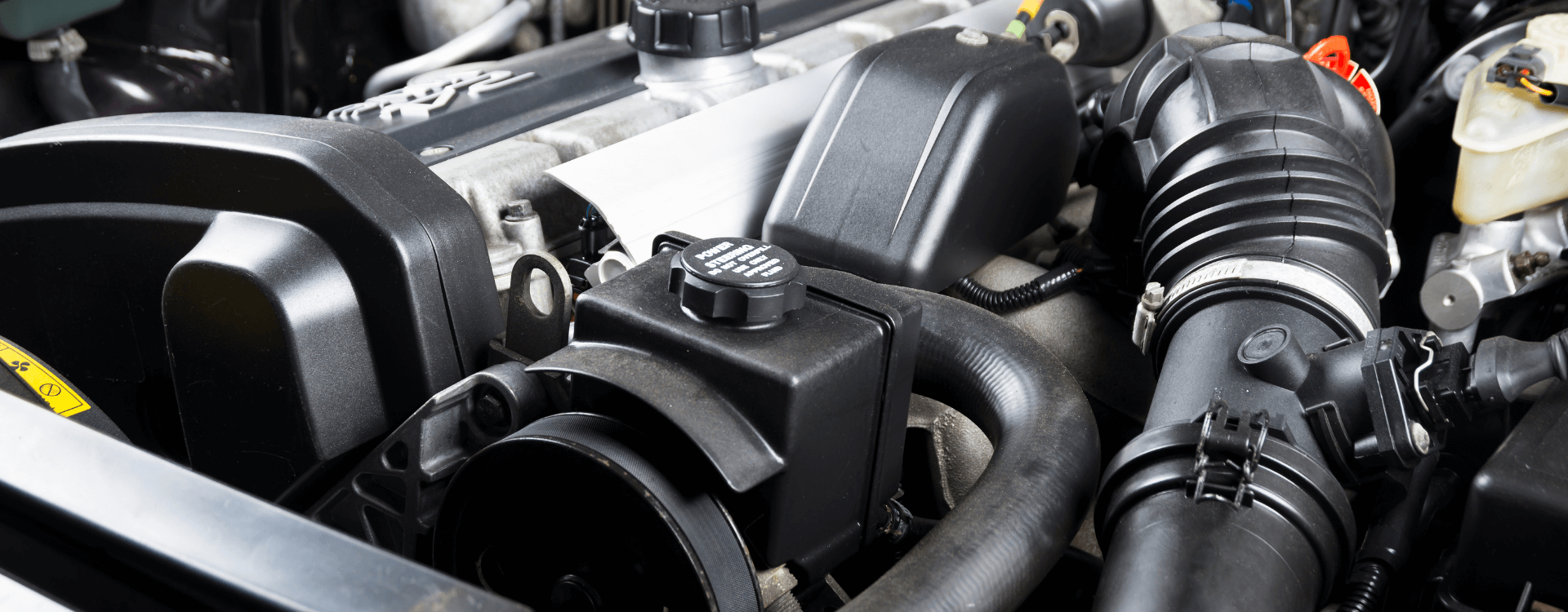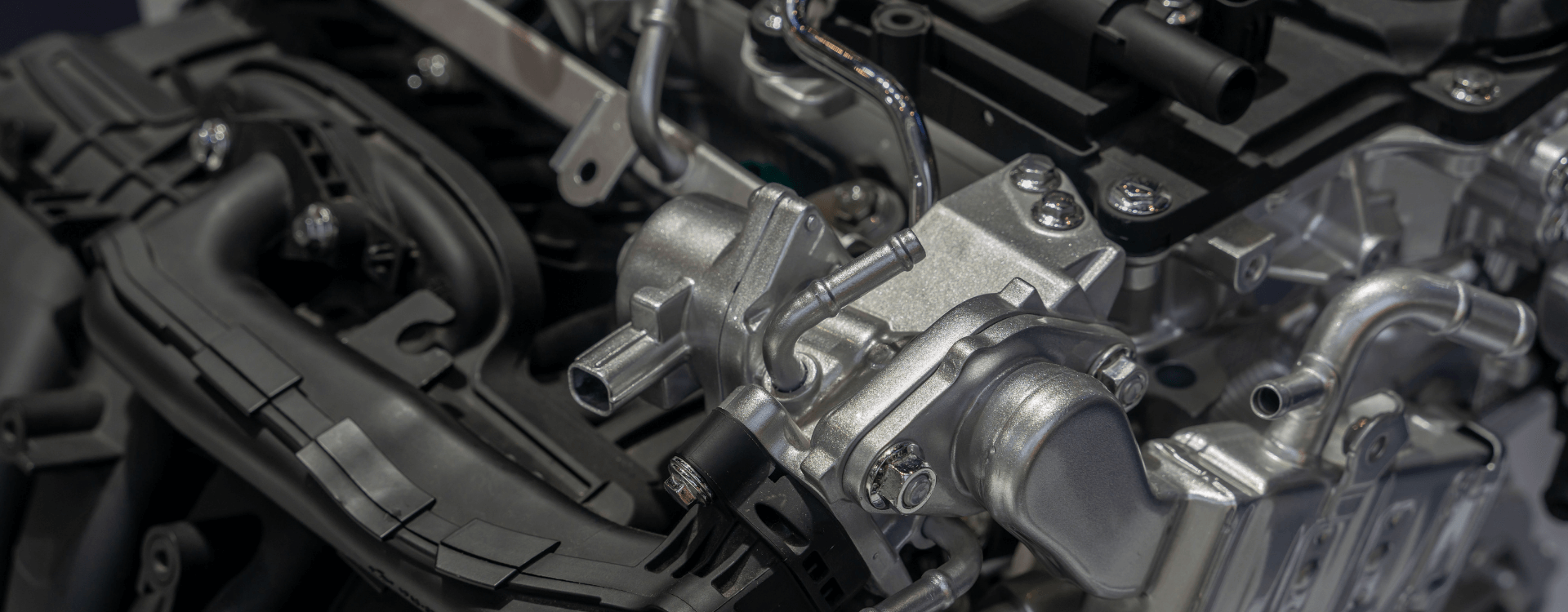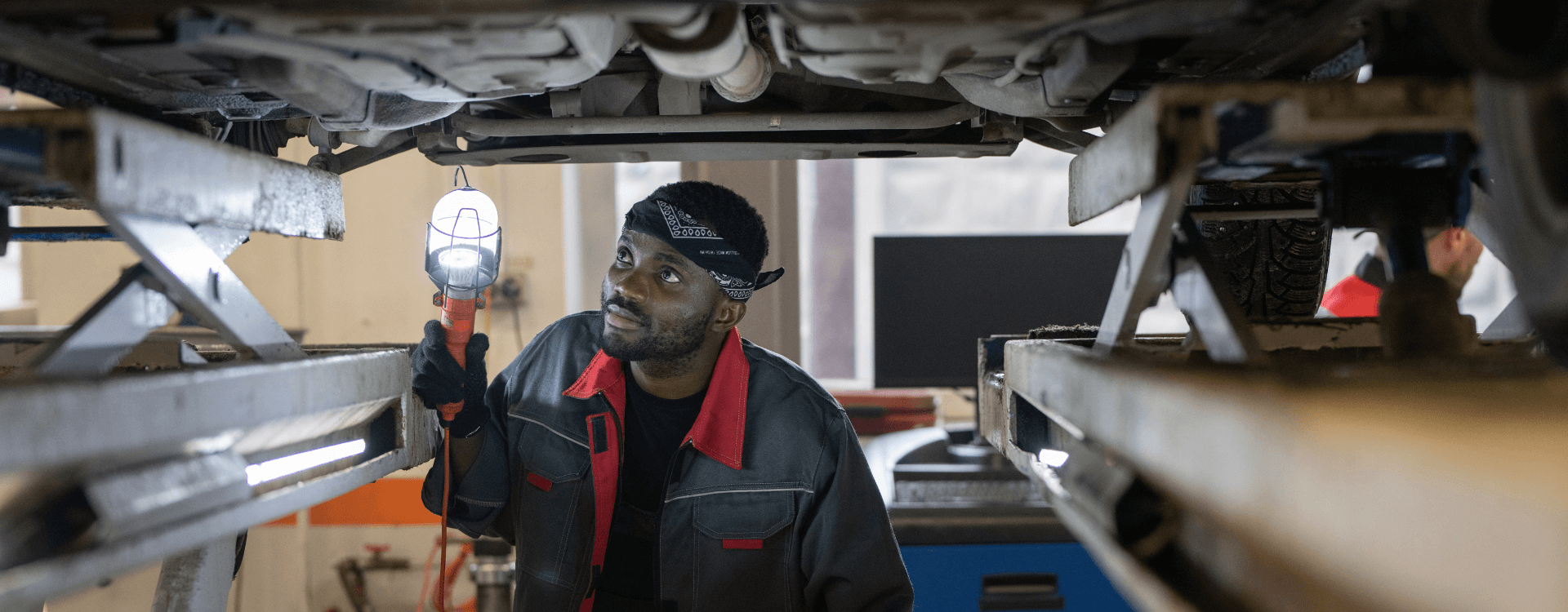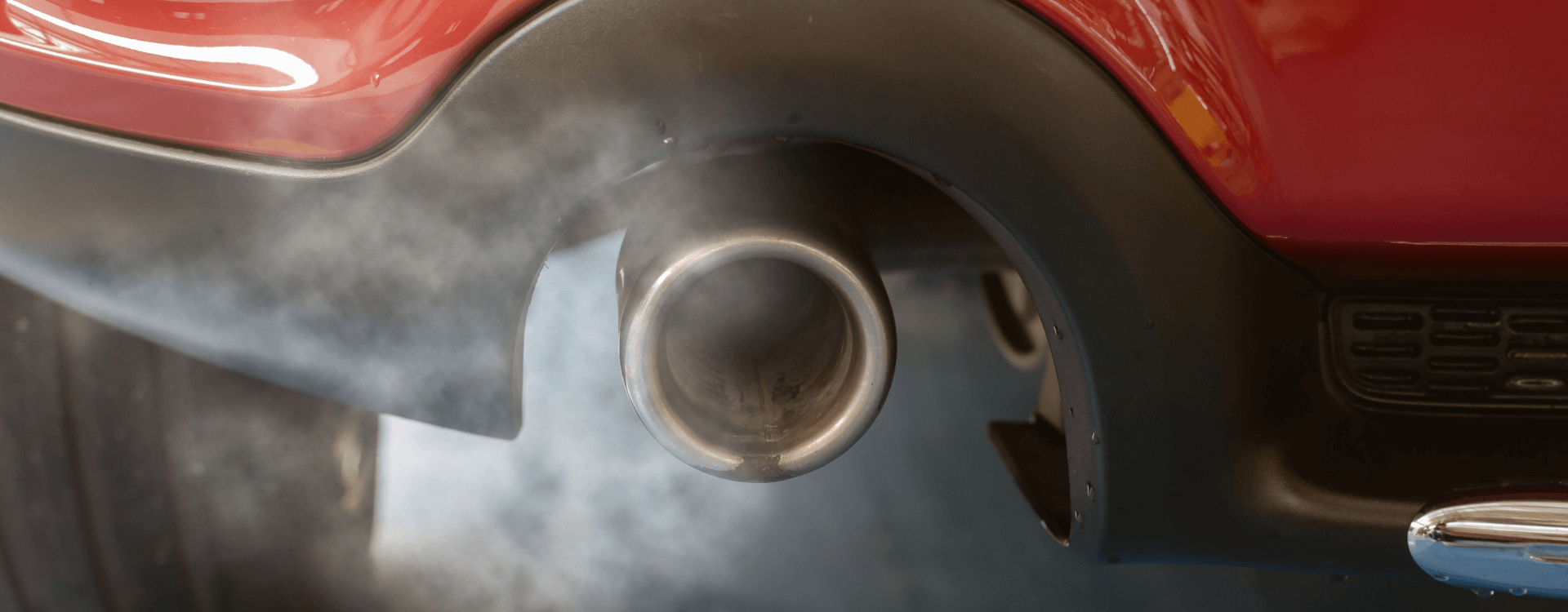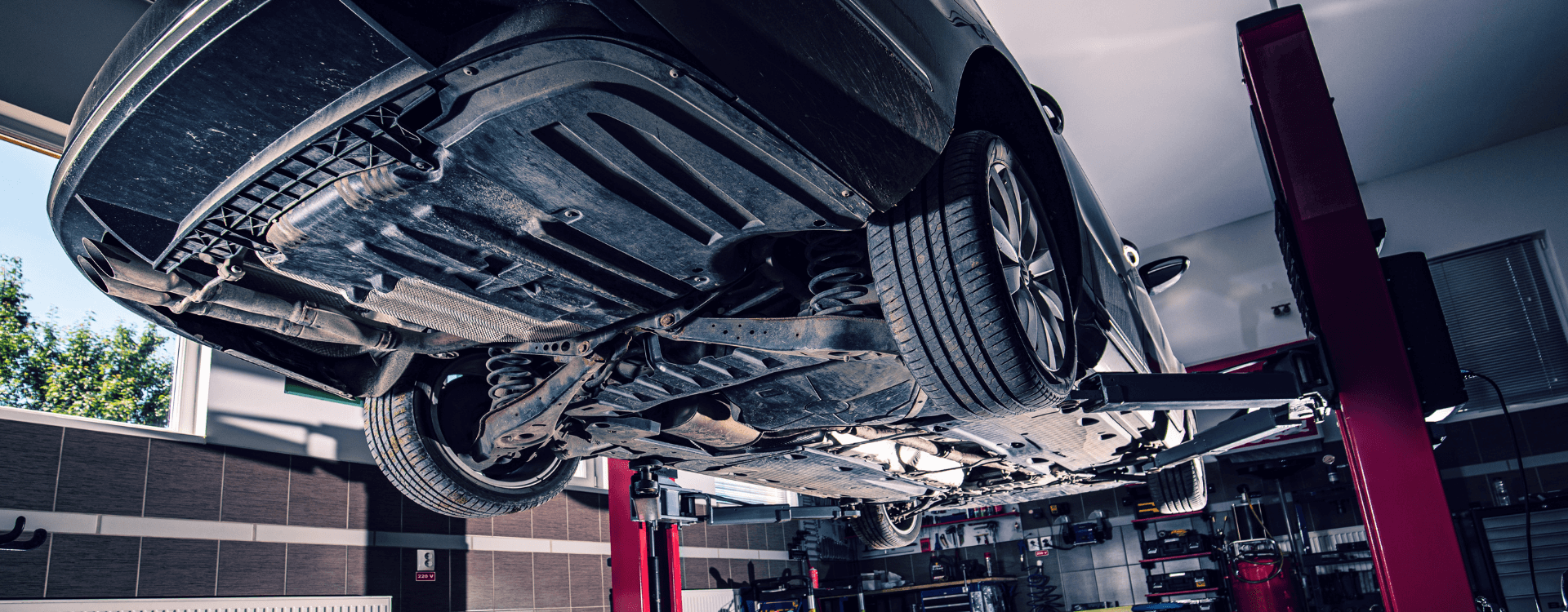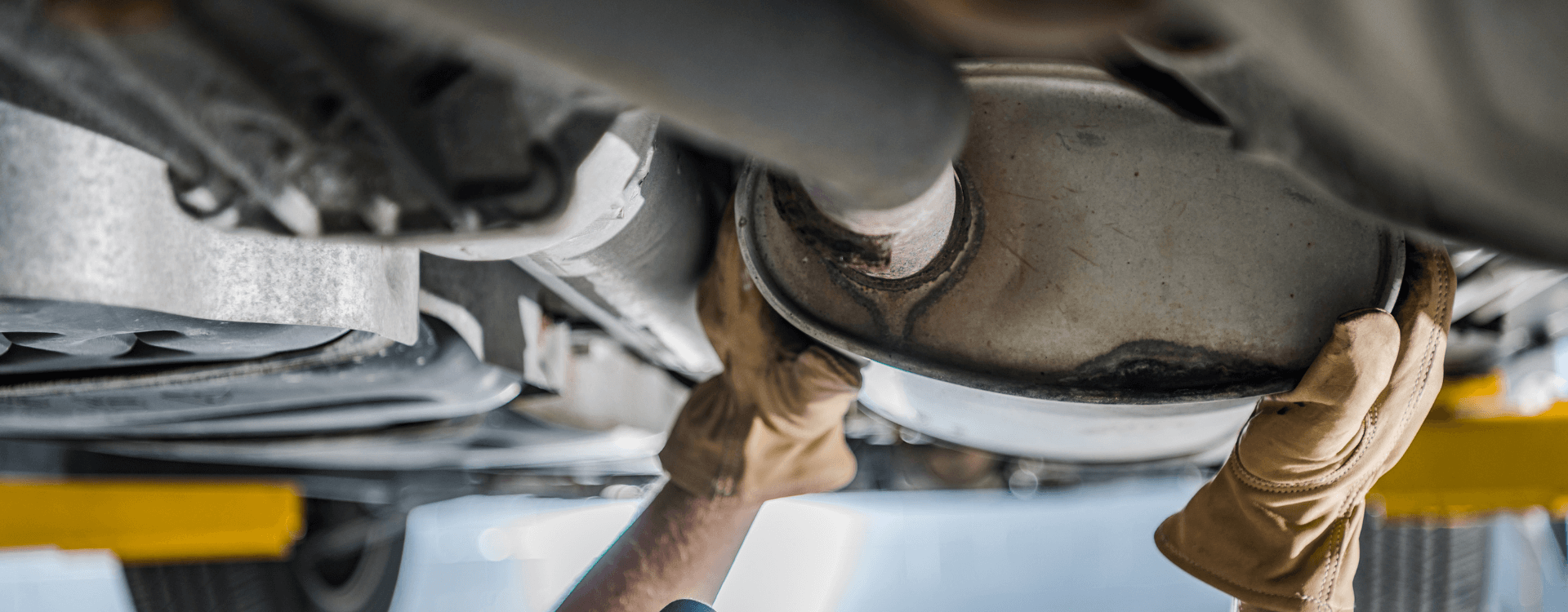
Obligations of garage owners
To say today that the company is litigious is commonplace. In practical terms, what this means for you is that your customers are fully aware of the obligations of garage owners. The love affair with your noble profession is not always at its highest, and it would be a shame to tarnish your customer relationship over a missing sign or a misinformed document. The devil is in the detail, but it takes a lot more to make us give up. A brief overview of the obligations of garages, to be irreproachable until the end of the spanner.
Benefit from EXCEPTIONAL ADVANTAGES reserved for PROs!
Clearly displaying its rates
While the prices you charge are completely free, you are nevertheless required to display them clearly and unambiguously. The consumer code considers that the customer is not a mechanical specialist, so you must inform him clearly.
Your prices including VAT should be clearly displayed and visible from the outside as well as in the reception area for your customers. This includes the hourly cost of labour and the price of your various services and packages. Visible to the customer, so not behind a pile of boxes, but it goes without saying !
Submitting a quote or repair order
Giving your customer an estimate is not compulsory, but strongly advised, because of the sums involved in a repair. What is mandatory is to give a written note, headed and signed, if the amount exceeds £25.
Quotation or repair order ? Both documents contain the same elements :
- the date ;
- The identity of the client ;
- the model, make of the vehicle as well as its mileage ;
- the exact nature of the repairs ;
- the period of downtime to be expected.
The two documents differ on the issue of pricing. The repair order gives an approximate cost of the repair whereas the estimate must state very specifically the cost and time of labour, the price of parts and the amount of tax. The repair order is not contractually binding, whereas the estimate is. It includes the signature of both parties, so it is a contract that commits you to your customer.
Thus, the repair order is not equivalent to a quotation, but a quotation signed by both parties is similar to a repair order.
In the event that additional repairs are required, you must notify the owner of the vehicle in order to obtain his agreement. A new technical procedure entails higher costs and a longer period of immobilisation, so your contact person must not be presented with an accomplished fact.
Making an invoice
The invoice is the essential document to give to your customer, at the end of the repair. This document is also highly regulated as it must include the name of your garage, the date, the name of the customer, details of the service, the mileage on the odometer, the source of the parts and of course the prices excluding VAT and including VAT.
The accounting document is prepared in duplicate ; one for your client and one for your records.
The obligations of garage owners : the famous obligation of result
Of the many rules specific to the garage profession, the obligation of result is probably the most fraught. Once you have submitted a signed quotation, you undertake to carry out the prescribed repairs and to hand over to the motorist a vehicle in perfect working order. We would therefore draw your attention to a number of points.
You are clearly liable if you fail to carry out repairs correctly and an accident occurs as a result of your intervention.
In the event of a dispute, it is up to you to prove that you were not at fault. If you argue that the accident was due to poor maintenance of the car by its owner, you must also be able to prove this. However, the fault found after the visit to your workshop must be related to the work you carried out. If the fault is not related or if at least 10 months have passed, you are not liable. Otherwise, you will be ordered to reimburse the repair and in some cases even to pay damages.
The website of the Institut National de la Consommation (INC) reports in great detail the jurisprudences applied to garages concerning the obligation of result.
Offering parts from the circular economy
A legal obligation...
Since 2017, as a car repair professional, you have been obliged to offer so-called second-hand spare parts to your customers, from ELVs, end-of-life vehicles. The parts must be marked "standard exchange" and their origin must be traced. Used parts do not mean poor quality and your supply chain must be as irreproachable as that of your new parts. Refurbished parts have the same quality and warranty requirements as original parts.
The parts you are allowed to offer are listed in an article of the consumer code. Your customer can, however, refuse and ask for a new part. You must then make it clear to him that the price is likely to be higher.
... difficult to implement.
The obligation to offer parts from the circular economy is a complex subject that fuels a wide-ranging debate. As is often the case, what legislators idealise and forcefully impose does not produce the expected results. The magazine 60 millions de consommateurs conducted two surveys in 2017 and 2019 using the mystery shopper technique. The customer journalists submitted breakdowns to garage owners and identified those who had not offered reusable parts.
The finding was not brilliant, as only 2% of the 300 garages approached spontaneously offered a used part and 21% refused to do so outright. The Après-vente Auto website nevertheless sets the record straight in a very comprehensive dossier on used parts. Indeed, the surveys of the consumer protection magazine do not sufficiently take into account the reality of this very specific market. Many repair professionals are struggling to apply the law, as suppliers and parts are not yet of the expected quality. In the end, it is motorists who suffer; the logistics networks of certain suppliers are not up to standard and the parts are sometimes defective. A lot of time is lost and no real savings are made.
Present used parts
Admit it, they annoy you, those fussy-to-the-point customers who demand used parts, as if they could, at a glance, judge the quality of your work !
Well, they have every right to do so. Used parts remain the property of your customer, so they can ask for them back and use them as evidence in case of a dispute. A small exception to this rule is that you are not obliged to return them if the repair is free of charge and is part of a warranty.
With great power comes great responsibility, so your client should be well aware that keeping a part means doing everything possible to recycle it properly.
Source : National Consumer Institute
Image sources:
Marie CHASLES / Author: Fotomanufaktur JL / License ID: #69832272 - stock.adobe.com

